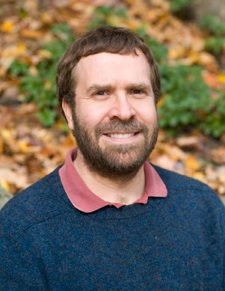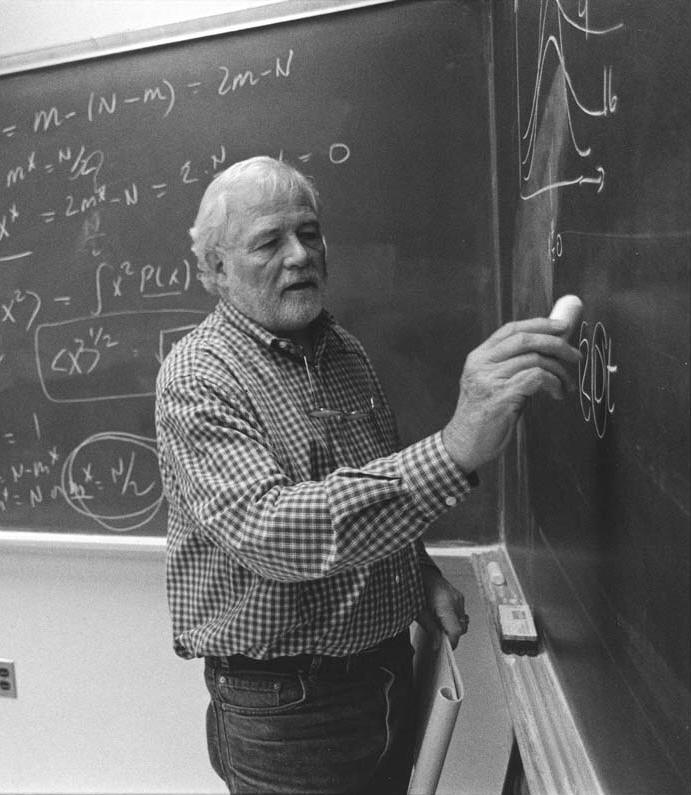Advisory Board
Lisa Dierker, Ph.D.(Principal Investigator)

Lisa Dierker is a Professor of Psychology at Wesleyan University with training in chronic disease epidemiology. Her research focuses on the application of state-of-the-art statistical methods in understanding the development of nicotine dependence and other addictive behaviors. Dr. Dierker has been involved in two separate multidisciplinary collaborative research networks sponsored by the John D. and Catherine T. MacArthur Foundation and The Robert Wood Johnson Foundation, experiences that have afforded her rich collaborative relationships across multiple disciplines (e.g. public health, statistics, medicine, engineering, pharmacology and biology). Through a career development award from the National Institute on Drug Abuse (NIDA), Dr. Dierker received training in the use and dissemination of promising group-based statistical methods to identify homogenous population subgroups with the goal of informing the content and timing of targeted interventions for addictive behavior. During 2008-2009, she was in residence as a visiting faculty member at The Methodology Center at Penn State University, an interdisciplinary NIDA and NSF funded center focused on the development and dissemination of cutting-edge statistical methods. Her research is currently funded by NIDA and NCI. Dr. Dierker has shown an extraordinarily strong commitment to teaching undergraduate courses in the areas of statistics and research methods. She has also been successful in mentoring numerous undergraduates in statistical methods so that they were able to meaningfully contribute to several peer reviewed publications during their time as Wesleyan undergraduates.
George Cobb, Ph.D. (Project Advisor)

George Cobb is the Robert L. Rooke Professor of Mathematics and Statistics emeritus at Mount Holyoke College who has successfully engaged students from widely diverse academic backgrounds in courses that explore statistics. His books on the topic include: Introduction to Design and Analysis of Experiments (Springer Verlag, 1998), and Statistics in Action: Practical Principles for a World of Uncertainty(Key Curriculum Press, 2003). He was chair of the focus group on statistics of the Mathematical Association of America and of the Joint Committee on Undergraduate Statistics of the Mathematical Association of America and the American Statistical Association. He also served on the committee that founded the Journal of Statistical Education and then was its associate editor for five years. More recently he served on the Committee on Applied and Theoretical Statistics of the National Academy
Lisa Harlow, Ph.D. (Project Advisor)
 Lisa Harlow received her Ph.D in Psychometrics from UCLA and is a Professor at the University of Rhode Island, teaching over 3,000 students for the past 20+ years. She is a recipient of the American Psychological Association Division 5 Jacob Cohen Distinguished Teacher and Mentor Award. Her main focus is on increasing interest, diversity, understanding, and retention in science-related fields. She has over 70 publications and $6,000,000 in grants on advancing science, health, and minority training in quantitative science. She serves as Editor of LEA Multivariate Application Book Series; Associate Editor of Psychological Methods; and co-organizer of Quantitative Training for Underrepresented Groups.
Lisa Harlow received her Ph.D in Psychometrics from UCLA and is a Professor at the University of Rhode Island, teaching over 3,000 students for the past 20+ years. She is a recipient of the American Psychological Association Division 5 Jacob Cohen Distinguished Teacher and Mentor Award. Her main focus is on increasing interest, diversity, understanding, and retention in science-related fields. She has over 70 publications and $6,000,000 in grants on advancing science, health, and minority training in quantitative science. She serves as Editor of LEA Multivariate Application Book Series; Associate Editor of Psychological Methods; and co-organizer of Quantitative Training for Underrepresented Groups.
Manolis Kaparakis (Co-Investigator)

Manolis Kaparakis did his undergraduate work in Athens, Greece and his graduate work in Economics at the University of Connecticut. He is currently the Director of Centers for Advanced Computing at Wesleyan University, where he directs the Quantitative Analysis Center and oversees the development of the Scientific Computing and Informatics Center. Previously he was a member of the economics faculty at Providence College where he taught economics for twelve years, coordinated the development of the Quantitative Economics major and served as the Colleges Faculty Liaison for Information Technology.
Jennifer Rose, Ph.D. (Co-Investigator)

Jennifer Rose is a Research Associate Professor in the Quantitative Analysis Center at Wesleyan University with extensive training in statistical methods. At Indiana University, Dr. Rose received postdoctoral training in categorical data analysis, longitudinal data analysis, and multilevel modeling. At Brown University, Dr. Rose gained extensive experience in the design, implementation, and analysis of randomized controlled trials. She has experience with measurement scale development and psychometric evaluation using structural equation modeling techniques. In addition, Dr. Rose has successfully implemented and published numerous analyses including OLS and logistic regression modeling, growth curve modeling of both continuous and categorical outcomes, multilevel modeling, latent class analysis and pattern mixture modeling of missing data. Dr. Rose has similarly strong teaching credentials at the undergraduate level having offered courses at Wesleyan University, Indiana University and Rhode Island College.
Nicholas Horton (Project Advisor)
 Nicholas Horton is a Professor in the Department of Mathematics and Statistics at Smith College. His interests include developing methodology for the analysis of missing and/or incomplete data as well as the analysis of longitudinal or repeated measures data. He has worked on the development of methods for analyzing multiple informant http://www.biostat.harvard.edu/multinform and multiple outcome data in services research, alcohol and drug abuse studies, and psychiatric epidemiology. Previously, he helped to coordinate workshops on statistical consulting at liberal arts colleges http://www.math.smith.edu/%7Enhorton/statconsultreport.pdf and integrating the statistics and natural science curricula http://www.math.smith.edu/natscistats.php. He has written a number of popular books on the use of both SAS and R statistical packages and is involved in several research projects studying how to improve statistical education.
Nicholas Horton is a Professor in the Department of Mathematics and Statistics at Smith College. His interests include developing methodology for the analysis of missing and/or incomplete data as well as the analysis of longitudinal or repeated measures data. He has worked on the development of methods for analyzing multiple informant http://www.biostat.harvard.edu/multinform and multiple outcome data in services research, alcohol and drug abuse studies, and psychiatric epidemiology. Previously, he helped to coordinate workshops on statistical consulting at liberal arts colleges http://www.math.smith.edu/%7Enhorton/statconsultreport.pdf and integrating the statistics and natural science curricula http://www.math.smith.edu/natscistats.php. He has written a number of popular books on the use of both SAS and R statistical packages and is involved in several research projects studying how to improve statistical education.
David Beveridge, Ph.D. (Principal Investigator)

David Beveridge was trained in physical chemistry at Monsanto Research Laboratory, the University of Cincinnati, the Centre de Mecanique Ondulatoire Appliquee in Paris, France, and Carnegie Mellon University. Early in his career his research program focused on studies of the structure of liquid water and aqueous solutions using theoretical physical chemistry and Monte Carlo computer simulation, funded by an NIH career development award 1972-1977, and subsequently supported by a series of research grants from the NIH Institute of General Medical Studies. At Wesleyan University, his developing interests in biological water shifted the focus of his research into molecular biophysics. In 1988, he was granted a Merit Award by the NIH, and named University Professor of the Natural Science and Mathematics. He served Wesleyan as Dean of Natural Sciences and Mathematics, 1992-1999, where his principle divisional initiatives were directed toward enhancements in the integration of teaching and research. His teaching at Wesleyan now ranges from physical chemistry, molecular biophysics, and computational biology to freshman seminars on The Scientific Method, Science and Modernism, and Scientific Ethics. In addition to research and teaching, he now serves at Wesleyan as Director of the NIH supported Training Program in Molecular Biophysics. Dr. Beveridge brings to this initiative additional senior faculty leadership in the physical sciences as well as expertise in the integration of teaching and research. This has served to strengthen the network of interdisciplinary collaboration in support of this curricular initiative.